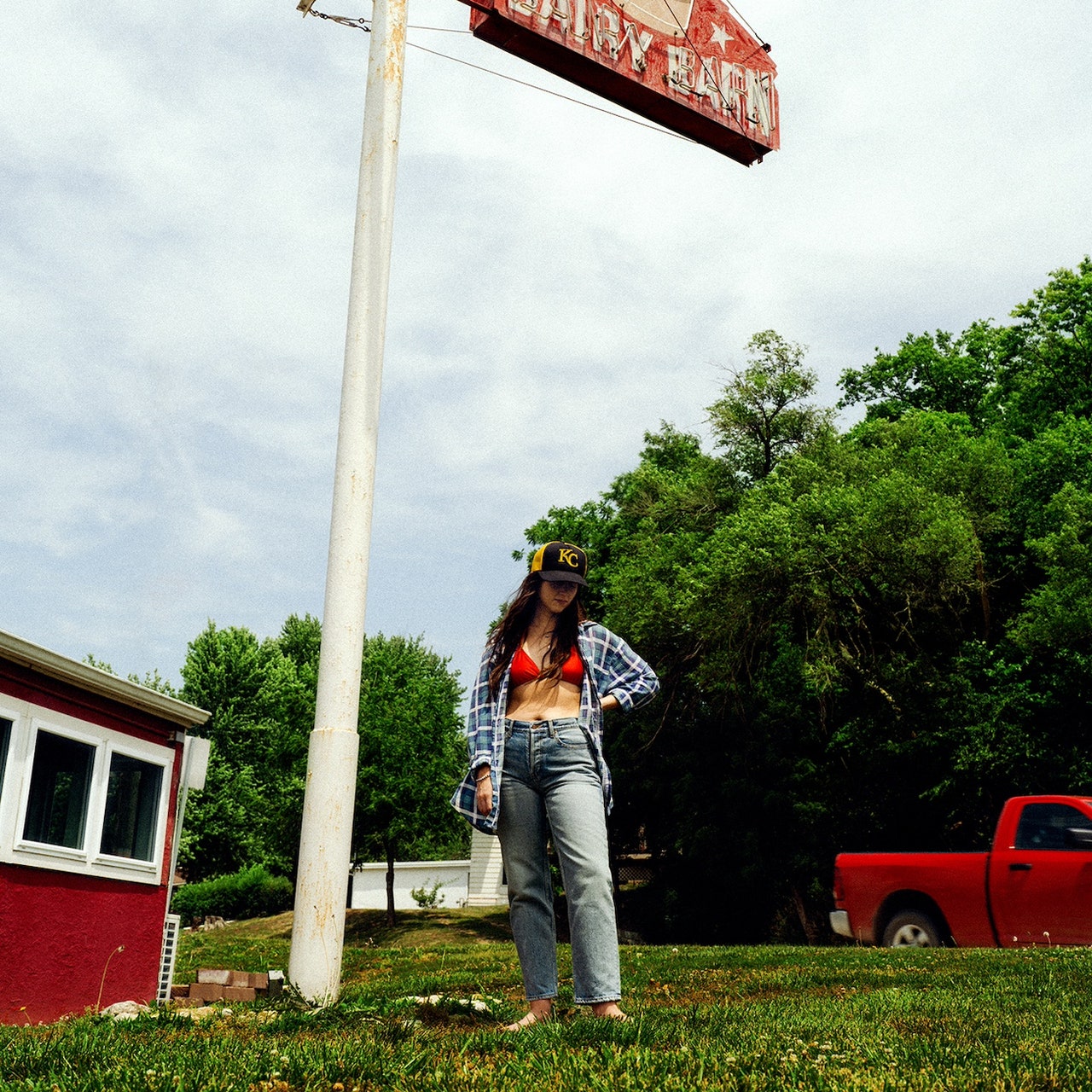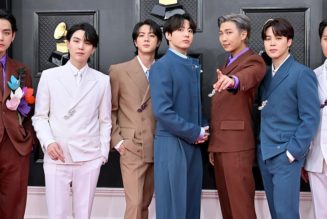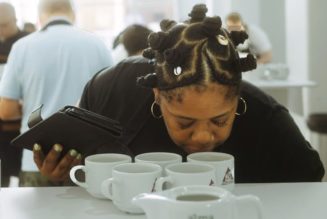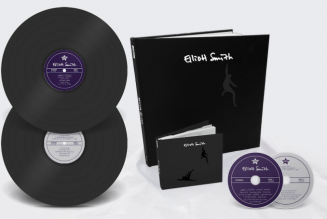Before Saint Cloud, the scale of Waxahatchee’s music matched the intimate venues it was often found in—living rooms full of friends, small corner stages, crowded basement venues with iffy plumbing. But on her 2020 album, which Katie Crutchfield recently estimated doubled the size of her audience, she burned the fog off of her arrangements and raised her voice. The sound that emerged was closer in spirit to Americana than late-’90s indie rock.
Sometimes background changes can have startling effects: Framed in this light, Crutchfield sounded a bit more like her hero Lucinda Williams, the tang foregrounded in her vocals. More bluntly, she sounded like a “star,” a cheap and transactional term that nonetheless describes a unique phenomenon. There was suddenly miles of space around her, and nowhere else to look but directly into her eyes.
Tigers Blood continues the work of clearing room for this new, 8-foot-tall version of Crutchfield. Saint Cloud producer Brad Cook is back, surrounding each instrument with a wooly ball of room tone as substantial as the felt pads of a piano. Crutchfield’s character from Saint Cloud returns, as well, a complicated, warmly combative woman bristling at specific grievances. One of the most indelible hooks on Saint Cloud came from a song called “Hell,” in which Crutchfield sang, “I’ll put you through hell.” Her voice was rueful and affectionate, convincing you both that she did exactly as she said and that for whoever her target was, it was worth it.
Joining her this time, on guitars and backup vocals, is the Asheville singer-songwriter MJ Lenderman, whom Crutchfield first invited to contribute to lead single “Right Back to It” and then asked to stay for the duration. You can hear why. Over Phil Cook’s banjo on “Right Back to It,” Lenderman and Crutchfield sound like their own version of Gillian Welch and David Rawlings, lifelong musical partners instead of first-time collaborators. Like most indie rock artists in the 2020s, Lenderman’s music enjoys an easy affinity with roots-rock tempos and temperatures, and his rangy harmonies slot neatly behind Crutchfield’s voice across multiple songs.
Most of Tigers Blood is powered by the same roughly strummed acoustic guitar that lit Saint Cloud, with the electric guitars relegated to playing in either soft shuffles or piquant licks. These decorative fills put semicolons, dashes, and full stops on Crutchfield’s endlessly barreling thoughts. Her mind is alive and humming, and her language leaps out at you with its hunger. The repeated refrain of “Bored”—a song about trying and failing to keep yourself still—is, simply, “I get bored.” But the way Crutchfield sings the words sounds like a death sentence, and it’s the only moment across Tigers Blood’s 12 songs where that warm voice constricts and turns thin with fear.
The song’s mid-tempo chug summons memories of Sheryl Crow’s “If It Makes You Happy,” another barroom rocker played for the 11 a.m. crowd. These are back-porch arrangements, but Crutchfield is not a back-porch type. She is a city dweller at heart, eager to get right up close to people, the better to observe their faults and turn those crosshairs back on herself. The lyric sheet to Tigers Blood brims with avid self-recrimination: “I get caught up in my thoughts/For lack of a better cause/My life’s been mapped out to a ‘T’/But I’m always a little lost,” she confesses in “Lone Star Lake.” At one point, she describes herself as “overly confident,” rhyming this word with “my skin is airy thin”; at another, she seethes that “all my life I’ve been running from what you want.”
Her furious and tangled diction—running from what you want?—made me think of Elvis Costello, an otherwise distant stylistic cousin. As with Costello’s songs, it often feels like you are desperately hanging onto an impassioned, self-justifying argument between two people you do not know. There’s both too much and not enough information in a line like, “There’s a lock on the door that costs more than my car, babe” or, “You swerve to hit a dead deer/A girl like that would bore you to tears, baby” for you to parse the meaning. Nonetheless, the emotional specifics feel somehow both maddening and familiar. Crutchfield writes like someone who feels a rock in their shoe and needs you to feel it, too.
There is a trick Crutchfield uses, both on this album and the last, where she hollers the word “I” and stretches it across multiple syllables. The first person becomes just “ahh,” a primal yodel that swallows everything else. She did it on Saint Cloud’s “War” and “Can’t Do Much,” and she repeats it here on the chiming “Crowbar” and on “Bored.” On the stunning late-album acoustic ballad “365,” she turns the word into a sharp intake of breath, the involuntary sound of sudden pain. In Crutchfield’s songs, the self, and its messy relation to others, is a battlefield, one capable of inflicting real and grievous harm. She has spoken openly about her journey to sobriety, which may have inspired some of the songs’ subject matter. But anyone who has fought a battle with themselves will feel a chill of recognition at hearing Crutchfield’s war cry of “I”: It is the sound of introspection as rite and ritual, a cleansing and savage weapon to be brandished, respected, even feared. It is exclusively hers, and now it is big enough for the whole world to hear.
All products featured on Pitchfork are independently selected by our editors. However, when you buy something through our retail links, we may earn an affiliate commission.










